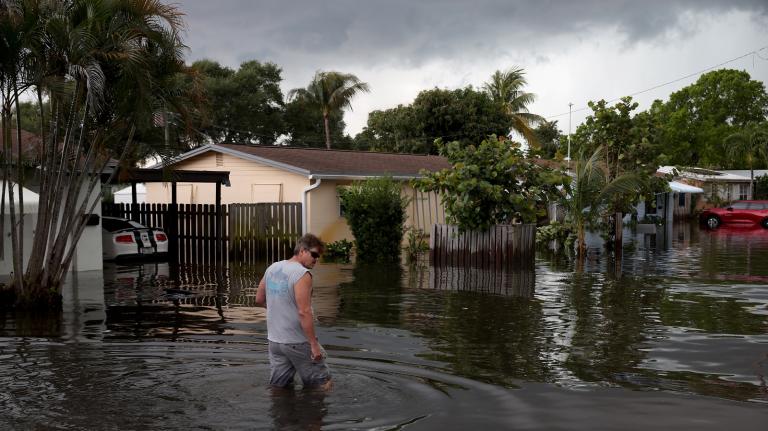E&E ran a story yesterday on House committee maneuvering in the debate over Waxman-Markey. Some committees plan to waive jurisdiction, some plan to kick up dust (especially Agriculture’s Collin Peterson).
On Science, there was only this:
House Science and Technology Chairman Bart Gordon (D-Tenn.) said yesterday he plans to complete work on the Waxman-Markey legislation’s adaptation provisions after the Memorial Day recess. Gordon’s committee will mark up H.R. 2407 (PDF), which would establish a National Climate Service at the National Oceanic and Atmospheric Administration, on June 3.
“We’ve been working together,” said Gordon, who is also a senior member of the Energy and Commerce Committee. “We’ve got a good relationship.”
How chummy! They’re going to work away on new branch of NOAA.
Is that it? Shouldn’t part of the role of the Science committee be to insure that science is accurately represented in debates over legislation? House Energy Committee hearings were rife with arguments by conservatives that the problem motivating the legislation doesn’t exist. At the very least, the Science committee should speak up for the integrity of science and the goal of science-based legislating.
It’s frequently said that there’s a chasm between what’s needed and what’s politically possible. Part of the problem is that what’s politically possible has a large voice in Congress while what’s really needed has virtually none — future generations are underrepresented (not to mention the planet’s flora and fauna). As the voice for science, the Science Committee could at least put their needs on record.
Of course, if you’re going to put Jim Sensenbrenner (R-Wisconsin) and Dana Rohrabacher (R-California) on your science committee, you probably aren’t going to be a stickler for empirical rigor.



